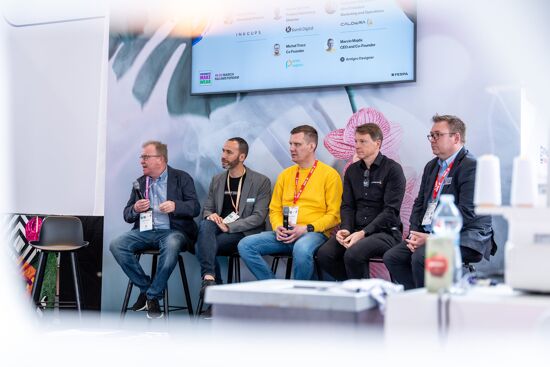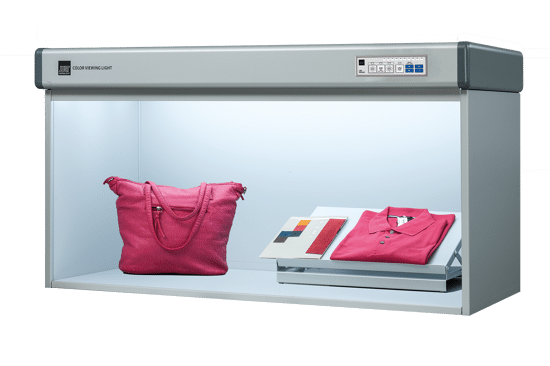CorrBoard Bioenergy builds world’s first renewable energy plant for corrugated board manufacture
CorrBoard Bioenergy (CB Bio), a joint venture between packaging and display trade specialist Swanline Group and paper-based packaging producer McLaren Packaging, has invested £5.5M in the creation of the world’s first sustainable energy generation facility fuelled by organic waste to provide heat and power for the manufacture of corrugated sheet board.
The investment will facilitate the manufacture of carbon neutral corrugated material for use at Swanline and McLaren’s respective manufacturing plants in Staffordshire and Port Glasgow.
Some of the waste needed for the 6,400 Megawatt / annum energy plant will be sourced from Swanline and McLaren’s packaging users who require compliant food waste disposal; thus providing a robust circular economy. Remarkably, the by-product from the plant is a quality fertiliser, pasteurised and certified to PAS 110, suitable for spreading on local farmland to aid crop growing.
CB Bio is located adjacent to CorrBoard UK, the consortium-owned independent corrugated producer based in Scunthorpe of which Swanline and McLaren are part owners. Although autonomous neighbouring businesses, this innovative facility effectively makes CorrBoard UK’s production carbon neutral, providing an advantage to its customers and partners.
The concept for the CB Bio plant evolved after a chance meeting five years ago between Nick Kirby of Swanline and Robert Greenow of BioG-UK, an established operator of renewable energy facilities that use anaerobic digestion to generate energy. Once feasibility for the plant was proven, Greenow then designed the scheme and agreed to become the operational partner. BioG-UK also provides a network for collection of organic waste; the fuel for such a plant.
The plant has the capacity to divert 25,000 tonnes of biological waste from landfill to provide more than twice CorrBoard UK’s energy consumption, or enough electricity and heat to sustain 1,500 homes. The plant is modular in construction and therefore output capacity can be increased in future.
Additionally, both Swanline and McLaren expect CB Bio to substantially offset their own carbon footprints from the excess energy not consumed by CorrBoard UK but fed to the National Grid and allocated back to them in carbon credits.
Nick Kirby, CEO of Swanline Group said: “CB Bio is a bold statement to our customers who genuinely want to procure corrugated packaging with strong ecological credentials. This is a timely venture providing greener solutions and industry leading benefits for consumers of paper-based packaging. Swanline is committed to providing our customers with a difference and this investment epitomises that pledge.”
Donald McLaren, Managing Director of McLaren Packaging added: “This world first sustainable energy generation facility is a game-changer in the paper-based packaging sector and demonstrates how, through investment, collaboration and innovation, McLaren Packaging is rising to meet the pressing environmental challenge through sustainable solutions.”
With BioConstruct’s advanced processing and software technology, the CB Bio plant can be operated remotely out of hours to maximise the uptime efficiency of the 800KwHr CHP units. Reassuringly, CorrBoard UK has the ability to switch seamlessly between electricity from CB Bio and the National Grid, thereby providing protection against outage from either source.
The CB Bio plant also has an automated de-packing line, but provision has been made to accommodate waste delivered in tankers, on pallets or in specialist skips. In addition to vegetable food waste, the company is certified to process Category 2 and 3 animal by-product wastes.
Topics
Interested in joining our community?
Enquire today about joining your local FESPA Association or FESPA Direct
Recent news

The pros and cons of Digital Signage and Printed Signage
Sonja Angerer discusses the pros and cons of both digital signage and printed signage. Current developments such as artificial intelligence and spatial computing are changing the situation once again. How will this shift affect printers?

How to create an efficient smart factory
Debbie McKeegan speaks to industry specialists at Personalise Make Wear in Amsterdam about smart factories and customisation technology. Debbie speaks to Antigro, Caldera, Print Logistic, Inkcups and Kornit Digitial.

Standard lighting conditions for wide format printers and their many markets
Paul Sherfield shares the various standard conditions that are required for wide format printers as colours can appear differently dependent on the differing types of lighting and environments.
_compromised.jpg?width=550)